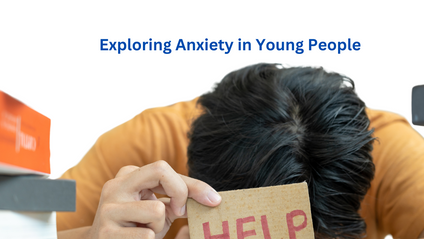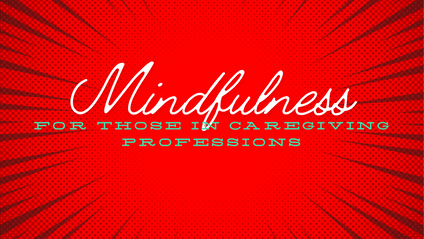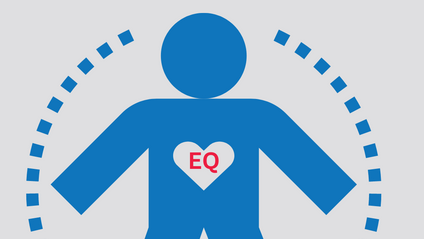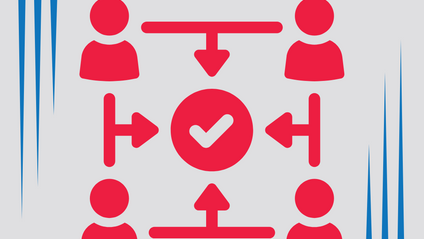
Checklists for Meeting Your Students Needs
Students have many needs that we are able to meet when we are aware and intentional. This package of downloads will assist you in reflecting and planning for them. They include checklists for: Maslow's Hierarchy of Needs; Culturally Relevant and Responsive Pedagogy; Teaching with the Brain in Mind; Emotional Intelligence; Resilience; Trauma-informed Practice and Mindfulness. Interested in learning more? Courses on each topic are coming soon!
- Digital file
- 1 file
- By Dr. Jackie Eldridge

Emotional Intelligence Intention Booklet
EQ is unequivocally the most crucial skill set for achieving success in life. Mastery of its core components—self-perception, self-expression, interpersonal skills, decision-making, and stress tolerance—transforms every aspect of our lives. By harnessing and honing our EQ, we not only become happier and healthier, but also excel in relationships and problem-solving. Recognizing and deliberately nurturing these skills is essential, as they profoundly influence our well-being and success.
- Digital file
- 0 files
- By Dr. Jackie Eldridge

Exploring Anxiety in Young People
This course aims to provide educators and parents with a comprehensive understanding of anxiety in children. Participants will explore what anxiety is, how it manifests in various environments, and practical strategies to support young people dealing with anxiety. By the end of the course, participants will gain insights into identifying anxiety, effective intervention techniques, and access to valuable resources. Course Objectives: • Understand the nature of anxiety and its impact on young people. • Recognize the signs and symptoms of anxiety at home and in school. • Learn practical strategies to support children experiencing anxiety. • Analyze real-world case studies to deepen understanding. • Access a range of resources to aid in managing anxiety in children.
- Course
- By Dr. Jackie Eldridge

Heart-centred Classroom Management
Heart-centred Classroom Management provides the learner with the essential background to understand the need for a proactive and informed way of looking at this crucial aspect of classroom teaching. Grounded in both theory and practice Heart-centred Classroom Management gives you tools that are immediately applicable in all classrooms empowering teachers to create safe, inclusive classrooms where are all students will be able to learn, thrive and grow in a space where they know they belong. The course includes: * Research * Keys to Strong Classroom Management * Behaviour Responses * Understanding the Role of Emotion * Responsive Approaches * Practical Applications for your Classrooms * A Case Study * Numerous Work and Planning Resources
- Course
- By Dr. Jackie Eldridge

Hearts and Minds Matter: Creating Learning Environments Where All Students Belong
This highly acclaimed text book offers teachers all of the tools necessary to create safe, inclusive learning environments for all students. It offers a look at the theory and practice of the teaching/learning process and is filled with an array of strategies, tactics and skills that are immediately applicable to your classroom. Look no further! This book is an invaluable reference for pre-service and in-service teachers alike!
- Digital file
- 1 file
- By Dr. Jackie Eldridge

Mindfulness for Those in Caregiving Professions
In today's fast-paced, stress-filled world, finding ways to achieve calm and productivity is essential. This booklet offers invaluable mindfulness tips, tricks, and tools specifically designed for professionals in caring roles, who are particularly vulnerable to compassion fatigue. Remember, we can't care for others if we neglect ourselves. With this guide, you'll learn that mindfulness can be practiced anytime, anywhere, as long as we set our intention.
- Digital file
- 1 file
- By Dr. Jackie Eldridge

Nurturing Emotionally Intelligent Children
Imagine a world where everyone was emotionally aware, able to express emotions in socially appropriate ways; great at relationships, empowered in decision-making and stress tolerant. These skills are game-changers for all of us, children included. In this course you will learn the importance of understanding and nurturing emotional intelligence in your children/students. It will also provide strategies, tactics and skills for both parents and teachers to use with lids, no matter their age. The course will also give you, the adult learner, insight into your own emotional intelligence.
- Course
- By Dr. Jackie Eldridge

The Five Elements of Cooperative Learning
The five attributes are all interdependent and critical for success in this area. They are applied both to design effective group work, and to determine how to fix group work that is considered “broken” or less effective. It is perilous to ignore them. When teachers do not pay attention to all five of these elements, they find themselves believing that cooperative learning does not work.
- Digital file
- 1 file
- By Dr. Jackie Eldridge